The idea of an “unknown unknown” was conceived in 1955 by two American psychologists to help people more deeply understand their relationship with themselves. The concept highlights there are some things we’re unaware we don’t know. It’s a notion I’ve embraced for many years, which despite it’s simplicity has had a profound effect on the way I approach new experiences and uncharted territory.
It demands we let go of ego, preconceived ideals and dares us to approach life with childlike curiosity, open-mindedness and wonder. It’s power lies in its ability to summon us to question if we truly know something or if we’ve dangerously assumed we do.
Parenting is littered with unknown unknowns. Why? Because there’s SO much to know. As a result, we’re tempted to innocently assume we understand what our children need based on what society tells us is normal and acceptable. Yet, I’m invariably amazed when I dig a little deeper to find staunchly defended beliefs are often based on myth and paranoia rather than being rooted in reality or scientific evidence.
As parents, we need to be cautious about who we trust to give us advice.
After all, not only is there profit to be made from sleep deprived, overwhelmed, solution hungry parents but professionals, family and friends may subconsciously pressure us to make similar choices they made. Thankfully, there’s a growing community of passionate, credible and kind hearted individuals, dedicating their careers to specializing in specific areas of infant and child development.
I’ve read most of the books below multiple times; I always uncover new words of wisdom when I revisit them, challenging me to be a better parent and giving me the confidence to forge my own path. I trust their advice; its backed by scientific evidence, evolutionary history, common sense and compassion. The authors have influenced the way we parent our son and have, as an invaluable side benefit compelled me to grow as a person recognizing where many of my own limitations stem from and how to avoid passing on the same issues to my little man.
CONNECTION PARENTING
If I had to choose a single parenting superpower it would be connection. Developing an intentional practice around strengthening our parent-child bond is a fail-safe investment in our relationships with our children. As the author, Pam Leo says, “The level of cooperation parents get from their children is usually equal to the level of connection children feel with their parents.” A strong connection brings back the joy in parenting and makes rough days easier.
Connection Parenting is one of those books you won’t be able to put down: it’s that good, it’s that positive. It challenges us to parent smarter not harder, and with compassion rather than coercion. Children need love, respect and guidance and Pam inspires us to have the courage to follow an unconventional path. If all parents followed Pam’s wisdom our world would be a kinder place within one generation.
THE OTHER BABY BOOK
This is the first book I read about attachment parenting when I was eight months pregnant on our Hawaiian baby moon (those were the days!) and it absolutely blew my mind. What the authors, Miriam and Megan, described, instantly felt like a natural, logical and authentic way to care for babies. For me, they promised a new, exciting and organic dimension to parenthood.
The Other Baby Book outlines natural birth practices and attachment parenting techniques parents can use in the first year of their baby’s life, including early potty training, co sleeping, breastfeeding, baby wearing and baby led weaning. Each technique shares the same aim: to strengthen the parent-baby connection, make babies feel happy and secure and make parenting a wondrous and magical experience rather than something to “get through”.
One of the things I love most about this book is Miriam and Megan highlight families needs to make their own parenting choices: there is no one right way. In many instances, the authors have not always made the same choices for their individual families. I will be forever grateful to these two sassy, non-judgmental mothers for introducing me to the gift of natural parenting and for bravely tackling hot button topics with grace and well-founded research.
PEACEFUL PARENTS, HAPPY KIDS
As the title suggests, a healthy parent-child relationship starts with us, the parents. In Peaceful Parents, Happy Kids, Dr. Laura Markham identifies it’s often our own emotional struggles or limitations preventing us from communicating with our children in the way they need to be happy kids. I first read this book when my son was two years old and it was a game-changer. My perspective on tantrums changed: it encouraged me to see them as a time to strengthen our connection, as a golden opportunity to step up to the positive parenting plate and to guide my son through his emotional struggles.
A clinical psychologist specializing in child development and parenting, Dr. Laura Markham’s approach is simple, effective and practical. Her message is a positive one: if we continually deepen our emotional connection with our children we create lasting change, and we won’t be lured by destructive practices such as punishments, threats, rewards and time outs.
SIMPLICITY PARENTING
Every parent MUST read this book. No matter what parenting style we choose, our children live in a modern world where they’re exposed to the four pillars excess. As Kim John Payne so eloquently describes the four pillars of excess are having too much stuff, too many choices, too much information and too much speed.
Months after reading this book the message that stayed with me was, our children’s normal personality quirks combined with the stress of “too much” can propel children into the realm of disorder. A child who is systematic may be pushed into obsessive behaviours. A dreamy child may lose the ability to focus. Kim cites studies in which simplifying children’s lives can have a more significantly healing effect than commonly prescribed drugs such as Ritalin.
Simplicity Parenting delivered such a powerful message I wrote a blog post, Simplifying Childhood May Protect Against Mental Health Issues, about it earlier this year – the post immediately went viral with hundreds of comments from passionate parents globally confirming this is an issue which affects us all. The good news is, we have the power to do something about it, to protect our children and give them the freedom to grow into healthy and happy adults. And Kim tells us how to do it.
SLEEPING WITH YOUR BABY
We’d bought the non toxic crib, the bamboo mattress and cutest little organic cotton sheets we could find. It was sitting front and centre in our baby-to-be’s room waiting for him to arrive.
Then at one of our prenatal visits, our midwife casually said, “He’ll sleep with you”.
“What do you mean?” I replied, “He’ll sleep in his crib”.
“No”, she said “he’ll sleep with you – I can tell”.
I walked out thinking our midwife was a little odd: didn’t all babies sleep in cribs? But, she’d aroused my curiosity and I had to know more. So, I turned to Professor James McKenna, of the Mother-Baby Behavioral Sleep Laboratory at the University of Notre Dame. It would be fair to argue Dr McKenna knows more about infant sleep than just about anyone on the planet. He has devoted his career to studying how sleeping environments reflect and respond to family needs—in particular how they affect mothers, breastfeeding, and infants’ physiological and psychological well-being and development.
By the end of the first chapter I knew we’d be selling our crib on Craigslist. And by the end of the book I felt completely confident our bed was the safest place for our baby to sleep and would also serve as a powerful catalyst to fuel our little family’s connection. I wasn’t wrong and three years later, we’re still sleeping together.
If you are curious about sleeping with your baby but need to know it’s safe, like I did, Sleeping With Your Baby is the book for you. And if bedsharing isn’t possible for you and you know your baby will sleep in a crib, I’d still urge you to read this book. Dr McKenna outlines multiple options, which will work for any family, and ensuring a safe sleep environment for babies – none of which include sleeping alone in their own room. In short, this is a book for all parents, grandparents and caregivers.
THE WHOLE BRAIN CHILD
If you want to understand why your young children behave the way they do, this book is for you. Dr. Dan Siegel and Dr Tina Bryson outline how our children’s brains develop and why a three year old simply doesn’t have the capacity to act like a mini adult. Parenting is still difficult, but appreciating our kids are doing the best they can with the tools they have, helps us empathize, support and encourage healthy brain development.
Young children are right brain dominant, but what does that mean? As the authors explain the right brain’s emotions rule over the logical left brain, which doesn’t fully mature until the mid-twenties. Whole Brain Child outline twelve strategies to integrate the left and right brain and explain why, during emotional upsets, some forms of communication work like magic and others are futile. Whole Brain Child makes neuroscience fascinating and accessible to parents, giving practical age-appropriate strategies to make day-to-day struggles easier – I can’t recommend it highly enough!
I’ll stop there, but what positive parenting books would you add to this list?
Some of the above links are affiliate links. If you decide to make a purchase, I may earn a small percentage of the sale at no extra cost to you. This helps me pay for my website so thank you so much.
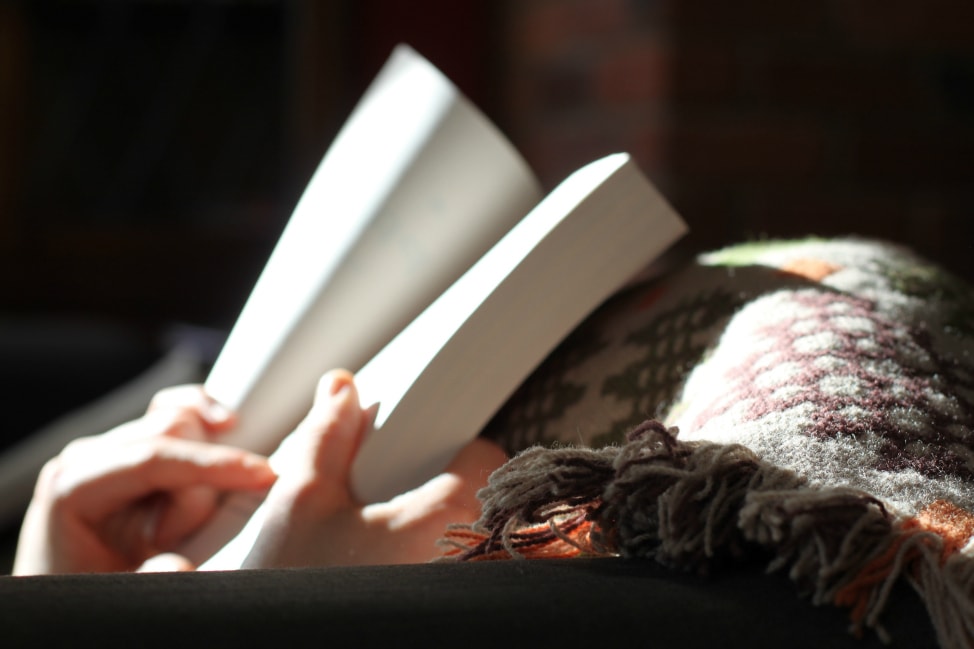
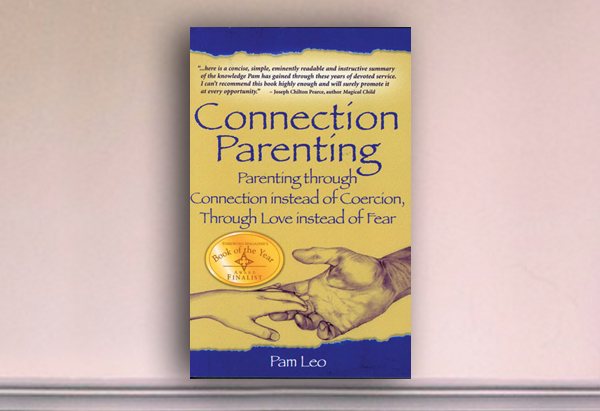
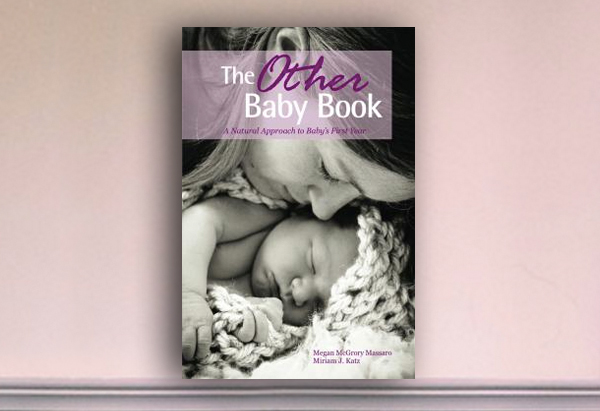
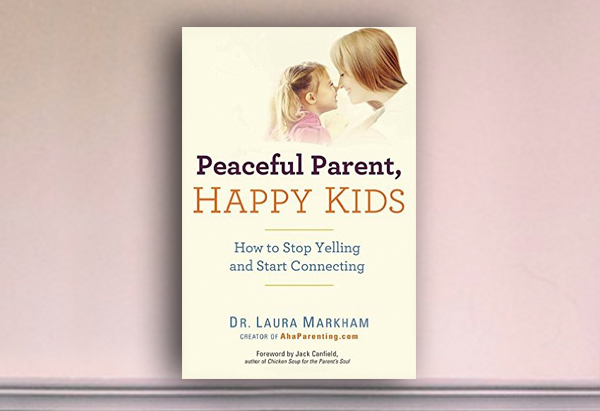
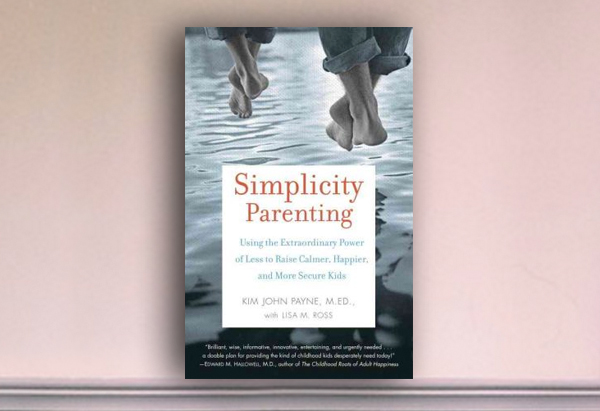
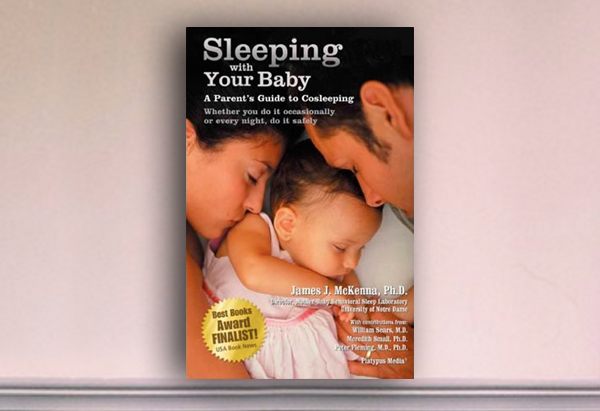
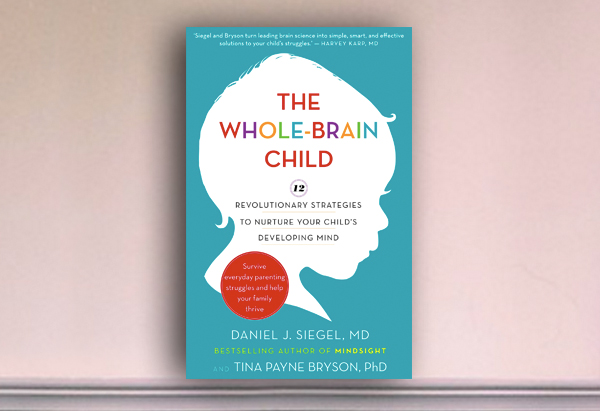
[…] 6 books for happy parenting […]
Thank you, I’ve now got 2 of those on my order list ☺
Without too much detail, one book (among many) that I quite liked content-wise was Discipline without Damage. Some people seem to really miss the point of the book, wondering why there are no discipline tips, and offering examples (“but what do you do if your child smacks you in the eye”. “This won’t help when my little one starts screaming in the middle of the shop”. Etc.) and citing that as a reason why the book “doesn’t work”; which was one of the main lessons for me. I.e. there are lots of techniques that “work”, and stop unwanted behaviour, but that could be at a cost. Quite a big cost, if you consider your job to be raising healthy and emotionally balanced little people, and not enjoying the company of constantly well-behaved little adults.
Another big moment for me reading this book was about the popular belief that “kids will have to deal with such-and-such when they grow up, so they may as well learn now”. Well, no, they are children now, and that’s as big a difference as there could possibly be.
Pleasure Helen and happy reading!
Thank you for the suggestion. I haven’t read Discipline without Damage but I am a fan of Dr Vanessa LaPointe so I will be sure to check it out – sounds like my kind of read and approach 🙂 Thanks so much for sharing it with everyone. xx
Thanks for the list! I have a couple more on my “to read” list as well now.
My suggestion for an addition is “Jesus, the Gentle Parent” by L.R. Knost.
I have been struggling with my parents and my husband over the gentle parenting concepts as they were raised on Dobson et al. This is the first book that I have found that combines my (and my parents) religion and gentle parenting. It lays out how and why God is the most gentle parent ever, and addresses the mostly misinterpreted Old Testament passages that other methods use to encourage punitive punishments.
I highly recommend it for any Christian parent who wishes to break the patterns set by generations before.
Thank you so much for this recommendation! It is just what I’ve been looking for. Especially when my in-laws’ critique of every child they see “misbehaving” (really, just being a kid) is that “He needs a spank!” Mostly, I’m finding my own way as a parent and really trying to understand God’s will for me and my husband in this role. I think this book will really help us be parents modeled after God’s own heart. ❤️
Thanks for this list. I’ve only read The Whole-Brain Child but there are other titles that I love that also focus on things like connection, bedsharing and simplifying. Learning about the importance of creating and maintaining a good connection with our children has probably impacted my parenting most as well. It’s fundamental but overlooked in most mainstream publications.
Heart to Heart Parenting by Robin Grille is my favorite when I need a refresher in peaceful parenting. It means something more to me each time I pick it up.
My parenting bible is Raising Your Spirited Child by Mary Sheedy Kurcinca, and How To Talk So kids Will Listen and Listen So kids Will talk”, by Adele Faver and Elaine Mazlish.
Both of these books focus on practical suggestions of how to implement respectful parenting. Cuts right to the chase giving us spicific options for what we can say and do when…
Raising Your Spirited Child, focuses on understanding your child’s unique personality and learning how to work with it, preventing the meltdowns and and disagreements before they even happen. Giving you the opportunity to respect your child’s needs and feelings and teach them how to figure out how to problem solve.
Both of these books taught me the essence of respectful parenting.
Thank you so much for these additions Mariah. I have been meaning to read “How to Talk So Kids Will Listen and Listen So Kids Will Talk” for a long time. I will add Raising Your Spirited Child to the mix as well. Amazing what an effect a light bulb moment from reading an insightful book can have on the course of our parenting journeys. Thanks so much xx
Brene Brown, The Gifts of Imperfect Parenting really changed my life!
Thank you! I’m adding it to my list now! Will read it soon – love Brene Brown’s work. 🙂
My parenting bible was The Continuum Concept, by Jean Liedloff. I never read another parenting book after that one, just went to work figuring out how to apply it in my life.
Thank you Eliane – it is still on my list but you’ve reminded me I must read it soon! Thanks for the suggestion 🙂
Raising Our Children,
Raising Ourselves by Naomi Aldort is also an amasing book on parenting. It teaches us how not to react to kids behavior and be present.
Just loved it
Barbara Coloroso’s “Kids are worth it!” was a game changer for me! There is no fixed solutions when it comes to parenting, since every child is unique so as the parents. To question our philosophy of parenting for the better is the key; that is what Coloroso suggests in this book. She does not give you a recipe on respectful-positive parenting, however she challenges you think out side of the box..She emphasis the fact as parents we should treat our kids how we would like to be treated ourselves. I think this sums up her work..
I will definitely go through your list, thanks..
Thank you Fatma for the wonderful suggestion. I love Barbara Colorado’s philosophy so will follow your recommendation for sure and add it to my list to read. Thanks again and happy reading!
hi there <3 absolutely love your website. do you have any recommendations for books about giving birth? thank you.
Thank you so much Kari! And yes for sure. I loved Ina May’s Guide to Childbirth. I also loved The Other Baby Book as an introduction to natural parenting and the first chapter is on childbirth. And we did a Hypnobabies course prior to our birth which was absolutely brimming with information on natural childbirth. Having said that I ended up having a c-section at 42 weeks and it was amazing and wouldn’t change a thing. I’d so wanted a natural childbirth but in the end wasn’t safe for me or my baby. Just saying it as I think there’s a lot of stigma around c-sections when they can be a beautiful experience in themselves. Hope that helps and wishing you well – so exciting!! xx
thank you so much for sharing <3
Both of those were so good! Also Gentle Birth, Gentle Mothering by Sarah Buckley.
I must add it to my wishlist! Thank you!
Rest Play Grow by Deborah Macnamara was a game changer for me. I think it’s a relatively new book.
I haven’t seen it before Janis but just looked it up and looks great – just for my son’s age too – will have to read. Thanks for the recommendation!
Thank you for this list. I loved It’s OK Not To Share, by Heather Shumaker – it gives lots of strategies for challenging situations (lot of which I had already found that I inately wanted to follow anyway), but explained in a way that makes you see why they are effective – why gun play is a natural part of growing up and does not lead to violent children, how to handle situations where 2 children want the same toy, how to help children learn to handle conflict assertively, etc.
Thanks so much for sharing Jo – that book has been on my list for a while, I’ve heard so many good things about it. Thanks again for reading and commenting 🙂
I would add Buddha Mom & The Teenage Brain.
These are some great books that are informed by good research and practical understanding and experience. I would also recommend the book ‘Why Love Matters’ by Sue Gerhardt, which explains why a loving relationship is easential to healthy brain development in children.
I have not read the others, but I wholeheartedly second Peaceful Parent, Happy Child.
I have several from your list! I have to admit, though, that being a parent, I haven’t had time to make my way through them all! With that in mind, I highly recommend “Zero to Five” by Tracy Cutchlow. It has a simple design that works for busy parents and includes 70 tips on parenting all based on science. It also has great photos, and my now 3 1/2 yr old son still loves “reading” it! I also would recommend “parenting in the Present Moment ” by Carla Naumburg. She has such insight, but is also so relatable, that it makes the book easy to read. 🙂
Thank you, Ursula! How fun to stumble across your recommendation. Are you getting my newsletter? If not, hope you’ll sign up at http://www.zerotofive.net.
I am a empty-nester granny now, but my 3 favorites were continuem concept, the magical child, and Children: The Challenge. Children: The challenge does miss the mark with infants and the co-sleeping, but just skip over that part and the rest of it is gold.
Regarding this way of parenting: tried and true. I love the wholeness my adult children embody.
I’ve recently read “unconditional parenting by Alfie Kohn. It’s really worth a read as it challenges traditional discipline techniques and encourages ‘working with’ your child rather than ‘doing to’ parenting approaches. It’s brilliant
When I was pregnant my wonderful therapist recommended ‘Why love matters’ by Sue Gerhardt. I’ve read it 3 times now! It opened my eyes to gentle parenting and to Sarah Ockwell Smith’s books which have really helped. Definitely checking these out, along with the ‘how to talk so children listen’ books. Thanks for sharing.